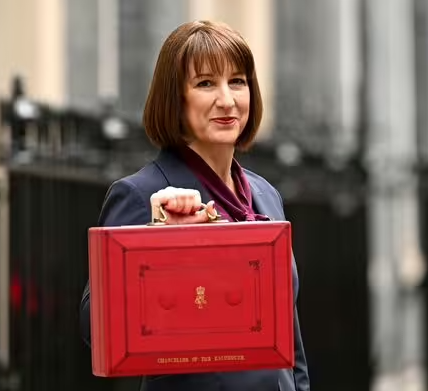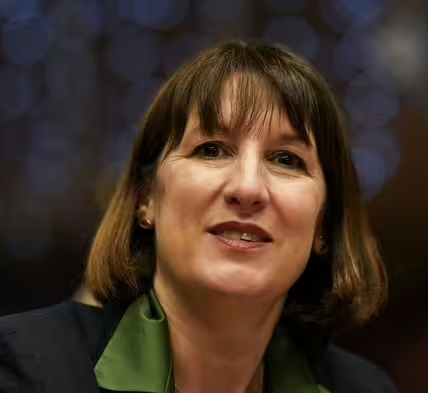Vice President Kamala Harris is set to unveil a proposal to massively expand tax relief for small businesses as she continues to lay out her economic policy platform with just over 60 days to go before the election.
The Democratic presidential nominee will travel to North Hampton, New Hampshire, on Wednesday where she will announce a new goal for a record 25 million new business applications during her first term if elected.
The proposal includes expanding the startup expense deduction for small businesses by tenfold from $5,000 to $50,000.
Her latest pitch comes just weeks after Harris traveled to North Carolina last month to give her first policy address as the presidential nominee, an economic speech in Raleigh.
There she announced her plan to tackle rising prices including a controversial plan to ban price gouging as well as steps to address housing affordability.

The proposal includes expanding the startup expense deduction for small businesses by tenfold from $5,000 to $50,000
With the expansion of the startup expense deduction, Harris will also call for small businesses to be able to wait to claim the deduction until after they turn a profit in an effort to reduce their taxes.
According to the campaign, this would mean a small business with $15,000 in earnings its first year would be able to deduct that and then save the rest for future years and small businesses who have losses in the first year would be able to wait until later years to claim the deduction.
The proposal is the latest part of what Harris is calling her ‘Opportunity Economy’ as she claims helping the middle class will be a top goal of her presidency starting on Day One.
It costs an estimated $30,000 to $40,000 for startup and first year costs to start a small business in the United States, so expanding the deduction could provide much relief. However, it is not yet clear how much the proposal would cost the government or impact the national debt.
Other components of the vice president’s economic plan would cost $1.7 trillion, the Committee for a Responsible Federal Budget estimated. The campaign said proposals beyond 2025 budget levels would be offset by increased taxes on corporations and high earners.
Harris has backed tax hikes from the Biden administration including raising the corporate tax rate to 28% from 21% and raising the tax on stock buybacks to 4% from 1%.
Like the president, the vice president has vowed not to raise taxes on anyone making less than $400,000.
Any changes to tax policy must go through Congress, but lawmakers are facing a looming deadline with the expiration of some tax cuts next year from the law passed when Donald Trump was in office.
The new goal Harris is setting for 25 million new business applications during her first term would exceed the current 19 million record, which was set during the Biden administration.
On Wednesday, the vice president will also pitch several other efforts the campaign believes will cut red tape and make it easier for small businesses.
They include developing a standard deduction for small businesses to save time and money, make it easier to obtain occupational licenses and incentivize state and local governments to make their own regulation changes to benefit small businesses.

The new goal Harris is setting for 25 million new business applications during her first term would exceed the current 19 million record, which was set during the Biden administration
At the same time, Harris will call for helping existing small businesses through several steps. Among them, the vice president will aim to ensure one in three federal contract dollars go to small businesses during her first term.
She will also call for a fund that help community development financial institutions (CDFIs) cover interest costs for small businesses expanding to locations and creating jobs in areas that have historically received fewer investments.
Harris’ latest proposals come as the campaign has also taken to the airwaves with a series of ads highlighting her economic policy proposals in key states she needs to win come November.
The vice president makes the economic pitch as recent polls show her in a tight race with Donald Trump, but when it comes to the issues, more voters have signaled they trust the Republican presidential nominee to handle the economy and inflation which skyrocketed coming out of the coronavirus pandemic.









Comments